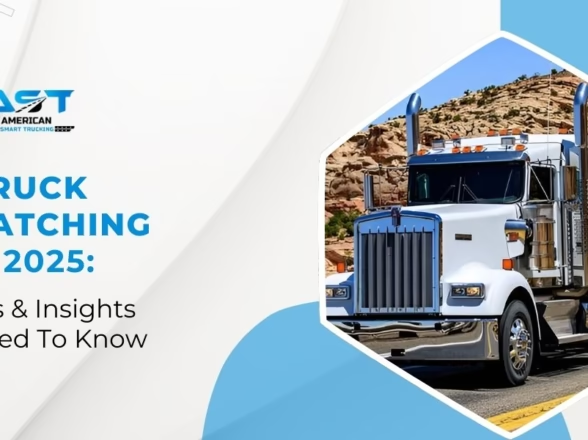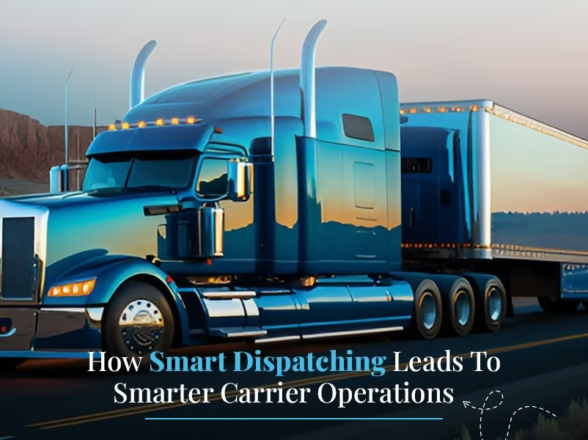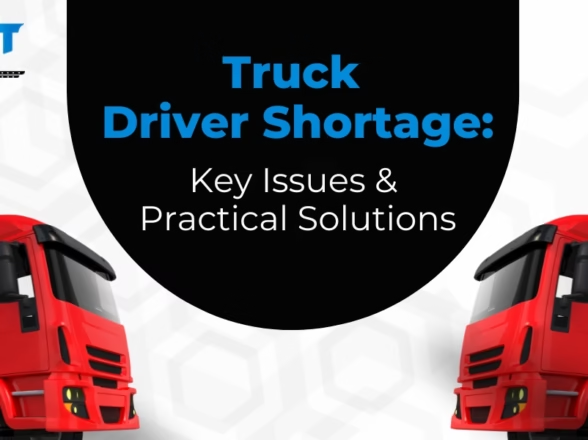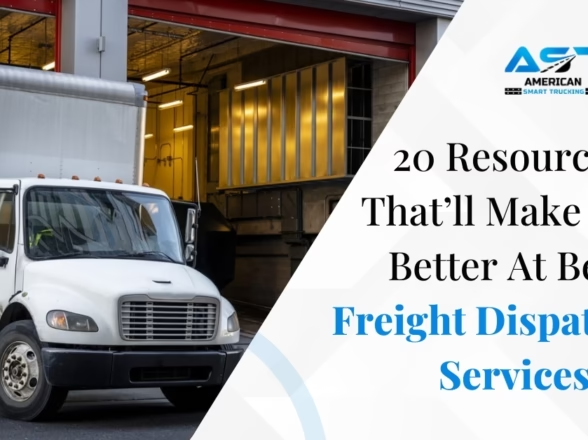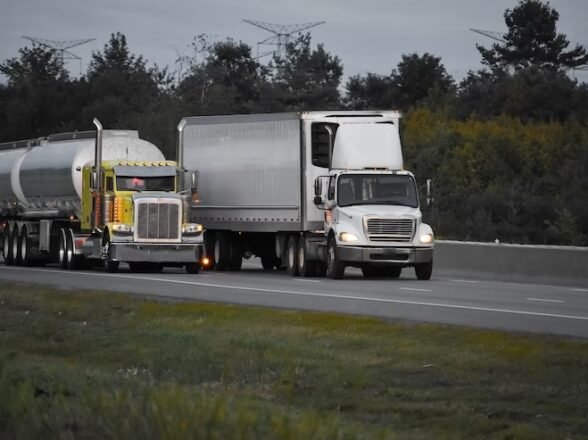Essential Tips for Hiring Truck Dispatchers

Hiring the right truck dispatchers can significantly impact the efficiency and effectiveness of your transportation operations. Dispatchers play a crucial role in coordinating shipments, managing logistics, and ensuring smooth communication between drivers and clients. Therefore, finding the right fit for this position is paramount to the success of your business. Here are some essential tips to help you navigate the hiring process and select the best candidates for the job.
- Clearly Define the Role and Responsibilities
Before you begin the hiring process, take the time to clearly define the role and responsibilities of a truck dispatcher within your organization. Make a comprehensive list of tasks, expectations, and performance metrics. This will serve as a guideline for both the hiring team and potential candidates, ensuring alignment and understanding of the job’s scope. - Prioritize Relevant Experience and Skills
Look for candidates with relevant experience in the logistics, transportation, or dispatching fields. Familiarity with industry-specific software and tools is essential. Skills such as effective communication, problem-solving, time management, and adaptability to new technologies are highly valuable in this role. Prioritize candidates who possess a combination of industry experience and essential skills. - Assess Communication and Interpersonal Skills
Effective communication is a cornerstone of successful dispatching. During the hiring process, pay close attention to a candidate’s communication and interpersonal skills. Dispatchers need to interact with drivers, clients, and internal teams, making strong communication abilities a vital trait. Look for candidates who can convey information clearly and professionally, even in high-pressure situations. - Evaluate Decision-Making Abilities
A good dispatcher should possess strong decision-making abilities. Dispatchers often face time-sensitive decisions, requiring quick thinking and sound judgment. Present hypothetical scenarios during the interview process to assess a candidate’s problem-solving skills and ability to make informed decisions promptly. - Verify Software Proficiency
In today’s digital age, technology plays a critical role in dispatching operations. Assess a candidate’s proficiency with dispatching software and transportation management systems (TMS). Familiarity with these tools can significantly enhance efficiency and accuracy in managing shipments and schedules. - Prioritize Customer Service Orientation
Dispatchers serve as a bridge between the company and its clients. Prioritize candidates with a customer-centric mindset and excellent customer service skills. A dispatcher who can address client inquiries and concerns professionally and efficiently contributes to maintaining strong client relationships. - Check References and Conduct Thorough Interviews
Before making a hiring decision, conduct thorough interviews to gauge a candidate’s suitability for the position. Additionally, reach out to their previous employers or references to validate the candidate’s qualifications, work ethic, and performance. This step provides valuable insights into their past experiences and how well they may fit into your organization. - Invest in Onboarding and Training
Once you’ve selected a candidate, invest in a comprehensive onboarding and training program. Ensure that the new hire understands your company’s procedures, protocols, and values. A well-structured onboarding process sets the stage for a successful integration into the team and aligns the dispatcher with your company’s vision and mission.
In conclusion, hiring the right truck dispatcher is a critical step toward optimizing your transportation business. By defining the role, emphasizing relevant experience and skills, assessing communication and decision-making abilities, and investing in a thorough hiring process, you can build a team of skilled dispatchers who will contribute to the smooth operation and growth of your business.
Related posts
Top Mistakes to Avoid as a Truck Dispatcher
The Benefits of Truck Dispatch Services
Recent Posts
Subscribe
Calendar
| M | T | W | T | F | S | S |
|---|---|---|---|---|---|---|
| 1 | ||||||
| 2 | 3 | 4 | 5 | 6 | 7 | 8 |
| 9 | 10 | 11 | 12 | 13 | 14 | 15 |
| 16 | 17 | 18 | 19 | 20 | 21 | 22 |
| 23 | 24 | 25 | 26 | 27 | 28 | 29 |
| 30 | 31 | |||||




